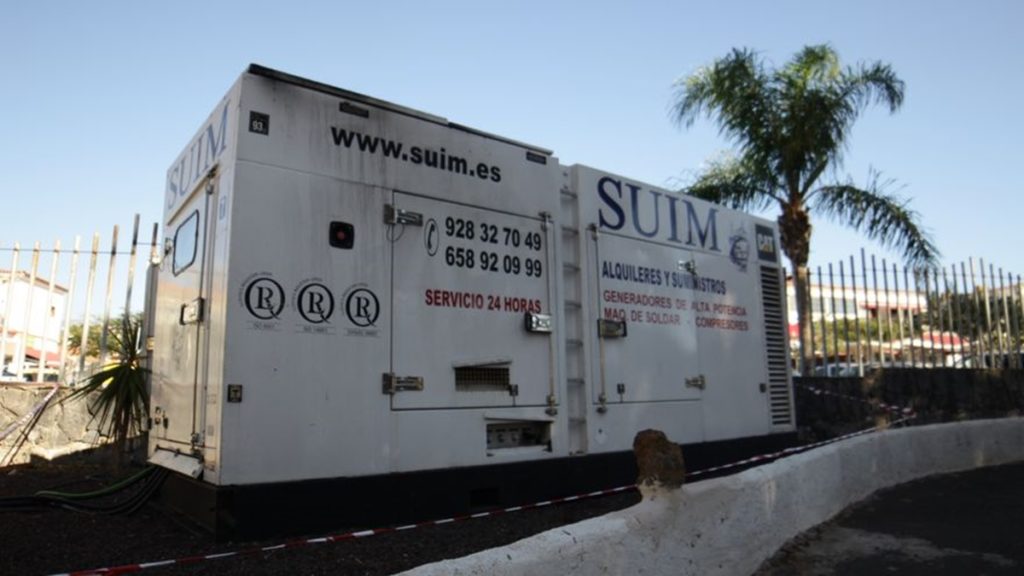
The light returns to Ten-Bel. Nearly 2,000 people can enjoy electricity in a normalized way from today, after the cut suffered on December 29 by some 1,500 homes in the seven private urbanizations that make up this nucleus, created in the 1960s as a paradise for holidays, today converted into a degraded residential area, in the municipality of Arona.
Since they were cut off by Endesa, due to a non-payment of more than one million euros, each of the urbanizations has obtained energy thanks to several generators for which they paid 4,000 euros a week, but since last night they began to hook up to the network thanks to the agreement of the property with a marketer, which has signed a contract with Endesa, committing to manage the meters, still general, with a single electricity contract. This does not mean that three of the seven developments have reported Endesa and the company TenBel Turismo SL, for the December cut.
The owner company announced on January 12 that it would pay the debt and pass it on to the communities that make up the development, but this fact has taken a month to become a reality, although Ángel Cristóbal, representative of TenBel Turismo SL, commented last night that “now the marketer, an imposition of Endesa, will manage with Industry that each urbanization can have its own meter”, so that “a general cut does not occur again”.
In addition, he recalled that he will meet with those affected next week and that the debt will be passed on to each urbanization, while he regretted that the agreement “came so late.” Of course, the good news is that the new marketer, once the deduction with Endesa has been removed, will charge 20% less in the rate that they had assigned years ago.
Neighbors like Dirk Puype, a 65-year-old Belgian resident in La Alborada, recognized that they regret investing their savings in an apartment to spend the winters as a retiree. Fleur Robbrecht, a Belgian citizen whose family has owned an apartment for more than 30 years, explained a few weeks ago that the generators that supply electricity to the communities “make a scandalous noise and cost 4,500 euros a week”.
















